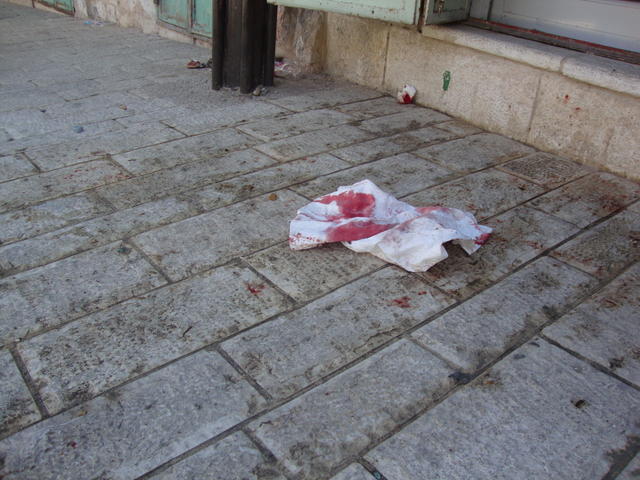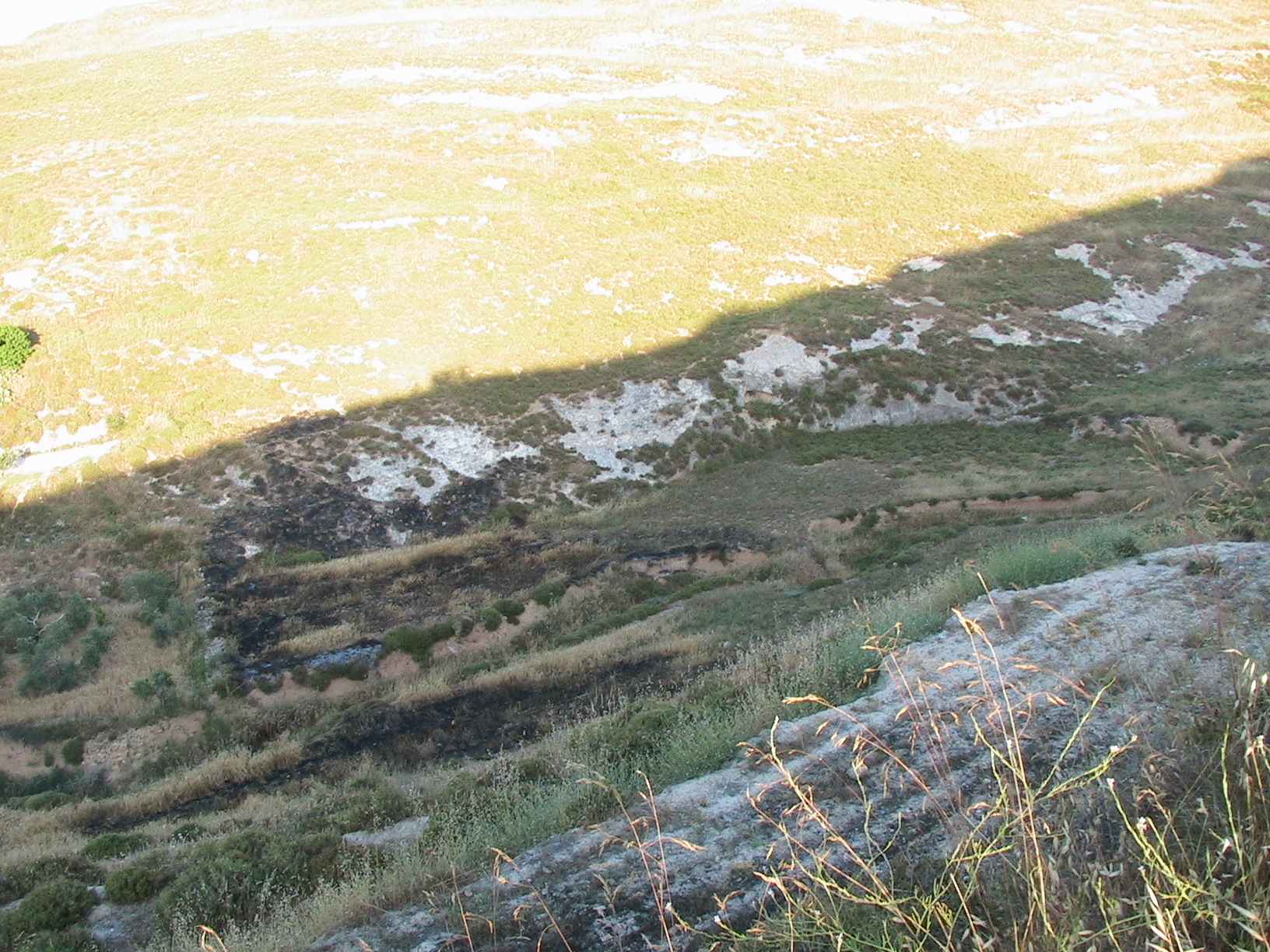Tag: Settlers
-
CPT: Settlers Injure Palestinian with Stones
2 June 2011 | Christian Peacemaker Teams For Immediate Release In the old city in Hebron, two boys, ages 14 and 15, residents of Beit Hadassah Settlement, threw multiple stones, some as large as 5 inches, at Palestinians walking past in the market place. One nine year old boy was struck with two stones causing…
-
Roof destroyed on farm property near Etzion settlement
2 June 2011 | International Solidarity Movement On the morning of Wednesday May 18th, Mohammed, arrived at his farm to find the roof of his farm buildings had been removed and the materials taken away from the property during the night. The farm is situated directly between Etzion settlement and a military police base, South…
-
Settler arson attack on the village of Madama
01 June 2011 | International Solidarity Movement On Monday 30 May at 4pm, the villagers of Madama reported that a fire had been started by seven to eight settlers in one of the village’s wheat fields. The field was close to the place where less than a week ago, Hamad Jaber Qut – a 66…


